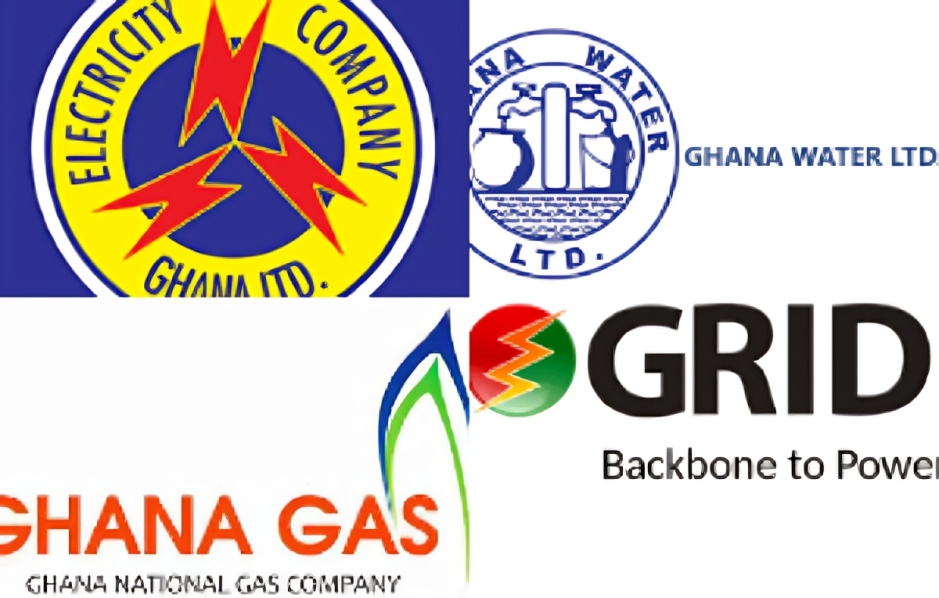By Prince Ahenkorah
Get ready to dig deeper into your pockets, Ghana. Three of the nation’s most crucial utility providers, Ghana National Gas Company, Electricity Company of Ghana (ECG), and Ghana Water Company Limited (GWCL)—are pushing the Public Utilities Regulatory Commission (PURC) for staggering tariff increases.
They claim the hikes are the only way to keep the lights on and the water flowing, citing crippling costs, old infrastructure, and a brutal economic climate.
At a recent stakeholder meeting in Accra, Ghana Gas kicked things off with a proposal to almost double its tariff, from US1.10 to US2.10 per million metric British thermal units (MMBtu) a whopping 91% jump.
According to Sylvester Enumi Cudjoe, the company’s Manager of Commercial Operations, this isn’t about making a profit; it’s about survival.
He explained that the increase is vital to recover past investments and expand infrastructure to ensure a reliable supply of natural gas.
“If you want to be a prudent operator, you have to invest in certain key instrumentations,” he noted, emphasizing that the new rate would allow the company to cover costs and position itself as a key player in Ghana’s energy future.
ECG’s Shocking Request
ECG, which powers over 73% of Ghana’s homes and businesses, has submitted one of the most eye-watering requests in recent memory: a 225% increase in its Distribution Service Charge (DSC1) over the next four years.
If the PURC says yes, the charge would soar from GH₵0.190384 to GH₵0.618028 per kilowatt-hour (kWh).
The company says it’s at a breaking point, arguing that without the tariff hike, it faces financial collapse, more frequent power outages, and an uncertain future. ECG blames the dramatic 74% depreciation of the cedi between 2022 and 2024 for gutting its revenue.
The company pointed out that its current Distribution Service Charge makes up a mere 11% of the total cost of electricity—a far cry from the global average of 30-33%.
They warn that if things don’t change, Ghana’s power supply could be at risk.
GWCL’s ‘Galamsey’ Woes
Not to be left out, the Ghana Water Company Limited (GWCL) is also demanding a massive 280% tariff increase. The reason? The destructive impact of illegal mining, or galamsey, on the nation’s rivers and streams.
GWCL management says the heavy pollution has forced them to spend a fortune on costly treatment chemicals like alum and lime.
The constant silt and sludge from these illegal mining operations are also damaging essential equipment.
The company highlighted the stark price difference between their services and other water sources. A thousand liters of sachet water costs around GH¢1,000, while the same amount of bottled water can run up to GH¢6,000.
In comparison, GWCL’s current tariff of GH¢5.28 per 1,000 liters seems shockingly low. “The increase is necessary to guarantee water quality and replace worn-out equipment,” the company stressed.
All three proposals are now in the hands of the PURC and are subject to change following stakeholder consultations.


